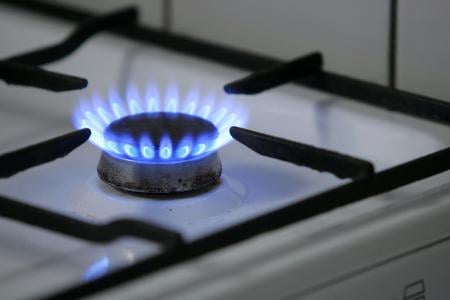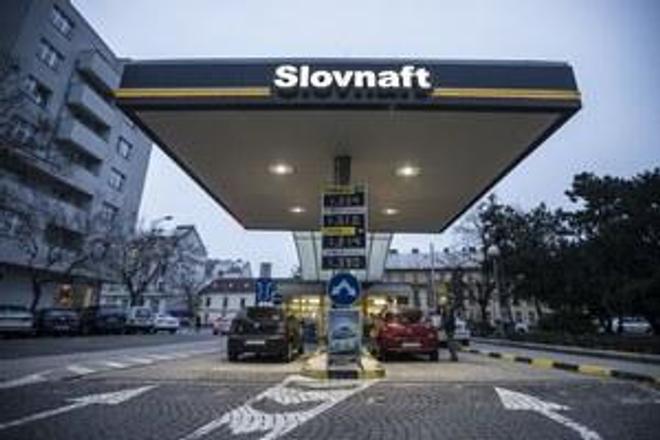The annual inflation amounted to -0.8 percent in August 2016, down by one percentage point compared with July. The core inflation reached -0.2 percent, while the net inflation reached 0.1 percent, according to the Statistics Office.
Though consumer prices dropped by 0.1 percent in August, their annual fall did not deepen, according to Ľubomír Koršňák, analyst with UniCredit Bank Czech Republic and Slovakia.
“We still do not consider the current level, but especially the structure of deflation, harmful for the economy,” Koršňák wrote in a memo.
Though prices have been falling for more than 2.5 years, the deflation rate is still relatively moderate and driven by supply factors.
“This form of deflation basically does not harm the economy; on the other hand, it supports the consumption of households when the falling energy and food prices increase the disposable sources of households on other expenses,” Koršňák added.

The annual deflation was impacted mostly by prices in transport. Though they increased only slightly (by 0.1 percent month-on-month) as a result of a dynamic seasonal increase in prices in air transport, the dynamics of the annual drop in this category dropped from -3.9 percent to -3 percent. This happened also due to the moderate increase in oil prices on global markets. Thanks to the base effect, the dynamics of the annual drop in fuel prices slowed down to one-digit numbers, Koršňák said.
Also food prices impacted the annual deflation rate, mostly thanks to a lower comparison basis as they fell in August by 0.6 percent m/m. The drop was, however, affected by seasonal impacts, Koršňák explained.
As for the coming months, there is still no stronger driving force for inflation. As a result, deflation will continue during most of the second half of the year. The more favourable base effect will however gradually reduce the deflation rate to zero and the prices may increase again at the turn of the year, when the effect of low oil prices will disappear, the analyst claims.
“The annual drop in prices may be halved already in September,” Koršňák wrote in the memo.



 Illustrative stock photo (source: SME)
Illustrative stock photo (source: SME)